Blog
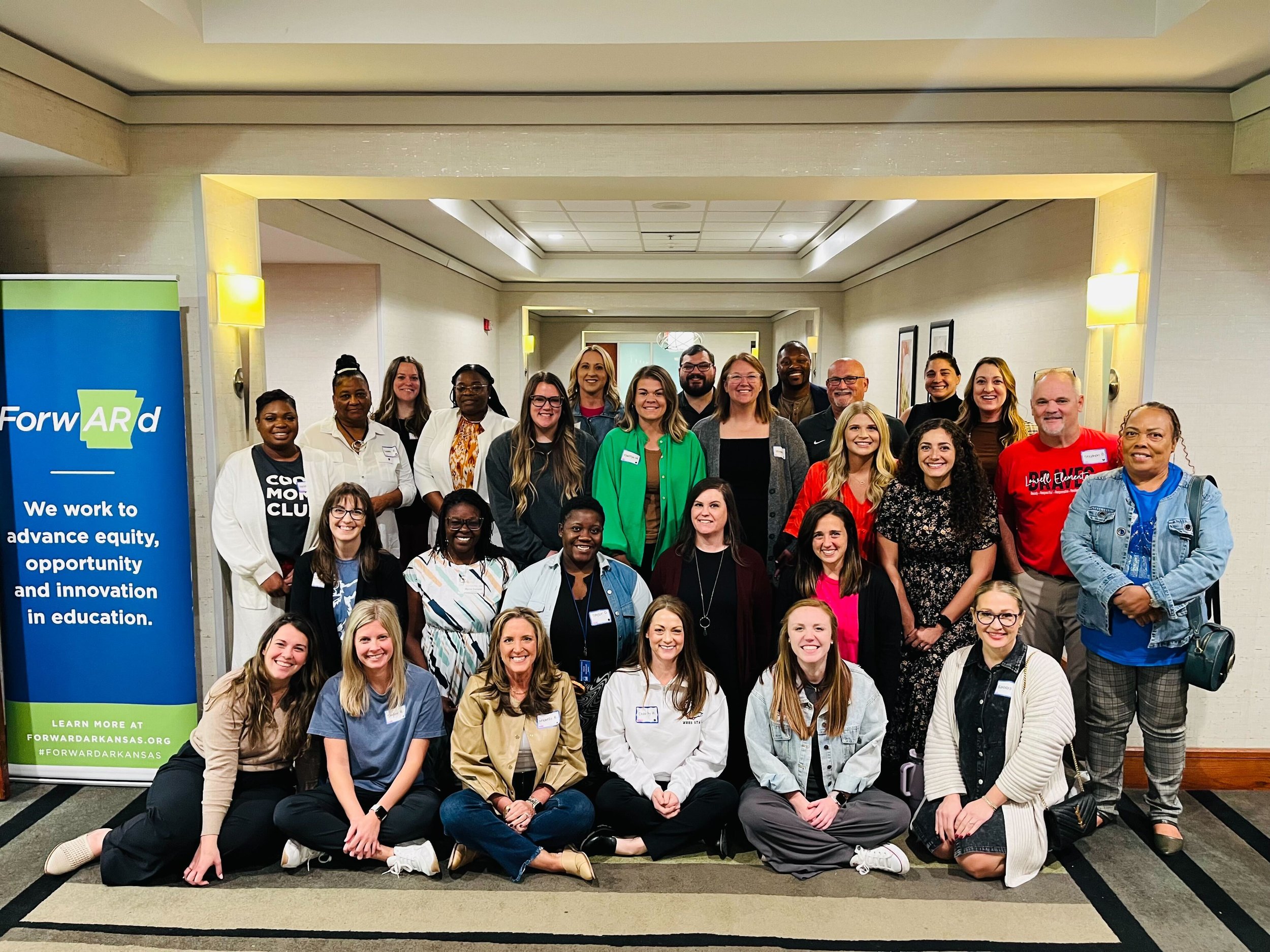
A Reintroduction of the Revolutions
Schools and districts are intricate systems with many moving parts: who teaches, how we teach, what we teach, and how we lead. It’s easy to lose sight of the humans at the center—students, educators, and families. This risk is amplified at the state level, where complexity and distance from everyday classroom experiences can create blind spots. Yet the personal “why” that drives most educators is almost always a story about a particular student. Refocusing on those stories and aligning systems around the needs of every learner isn’t easy, but it’s critical work.
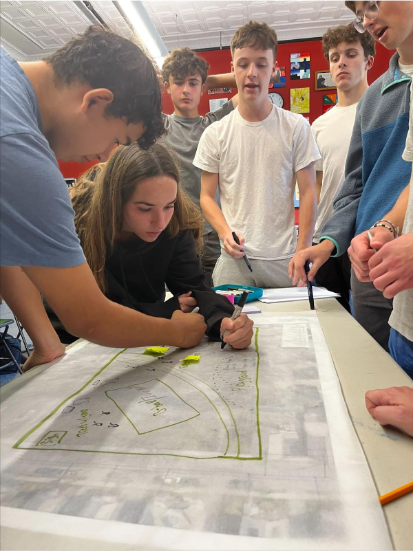
Getting to “Real-Real” – Youth-Adult Partnerships for Empowerment and Impact
In 2017, when the idea of the Burlington City & Lake Semester [BCL] was first evolving, the program’s founders crafted a mission statement: To empower young people as citizens, students, and community members through authentic, collaborative real-world learning experiences in and around the city of Burlington. For years, this has been our north star. The heart of any mission statement, of course, is its predicate. Verbs embody action; they clarify what is happening. But in our case, we chose a doozy of a verb. What does it mean to empower young people?
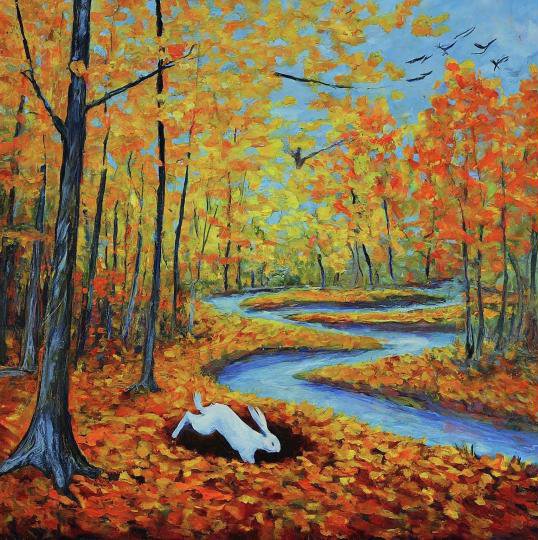
Down the Deeper Learning Rabbit Hole
You are invited to choose your own adventure in the slides below to find places that are most resonant and energizing for you. And when you find those places, give yourself permission (and the gift of time) to go down the rabbit hole, explore the resources, take time to pause and reflect, and post your takeaways below. Because as much as we can set up the conditions for a deeper learning experience, the choice is yours to take and immerse yourself in the journey.
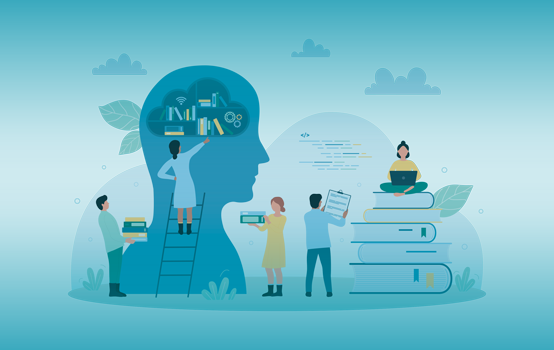
Instructional Design for Innovation and Reform
While excellent instruction may still only be guaranteed in some classrooms, the educators at Northtown are creating the conditions that make it possible for every child, every day to fully engage in learning. What makes this meaningful engagement possible? While the quality of the teacher, the relevance of the content, and the rigor of the task are crucial, school communities like Northtown understand the answer is more complex.
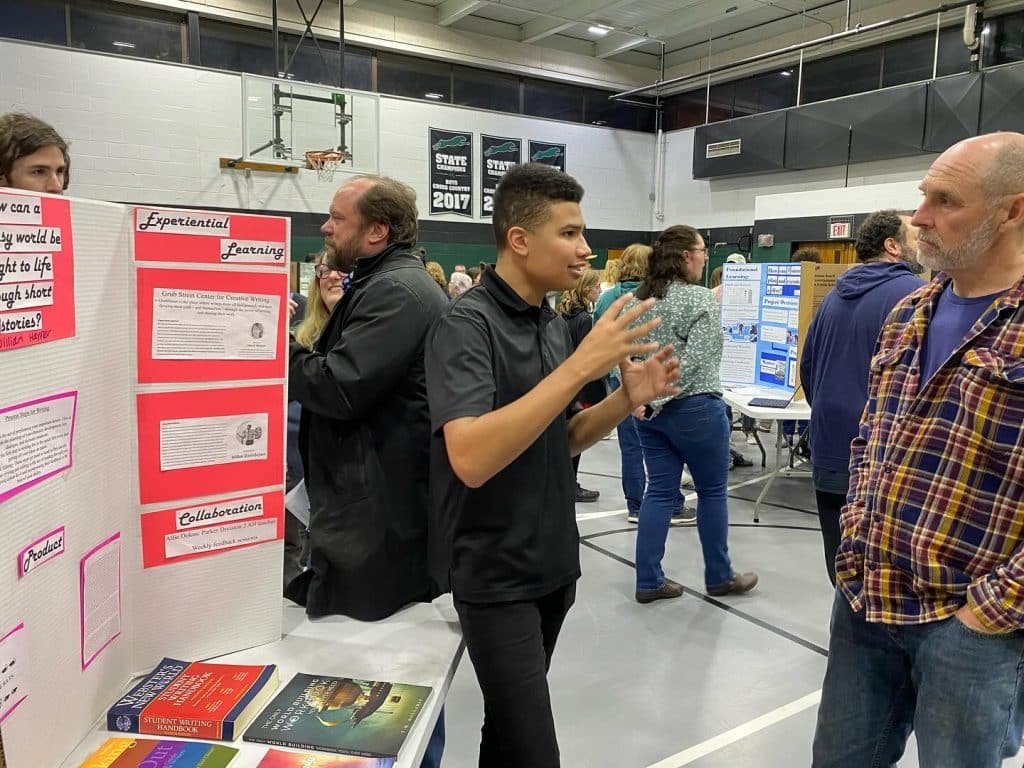
The Culmination of Mastery and Community: Senior Exhibitions at the Parker School
Teachers are applauded for all they do but their inherent humanity is ignored when they are not given time to rest and recover.
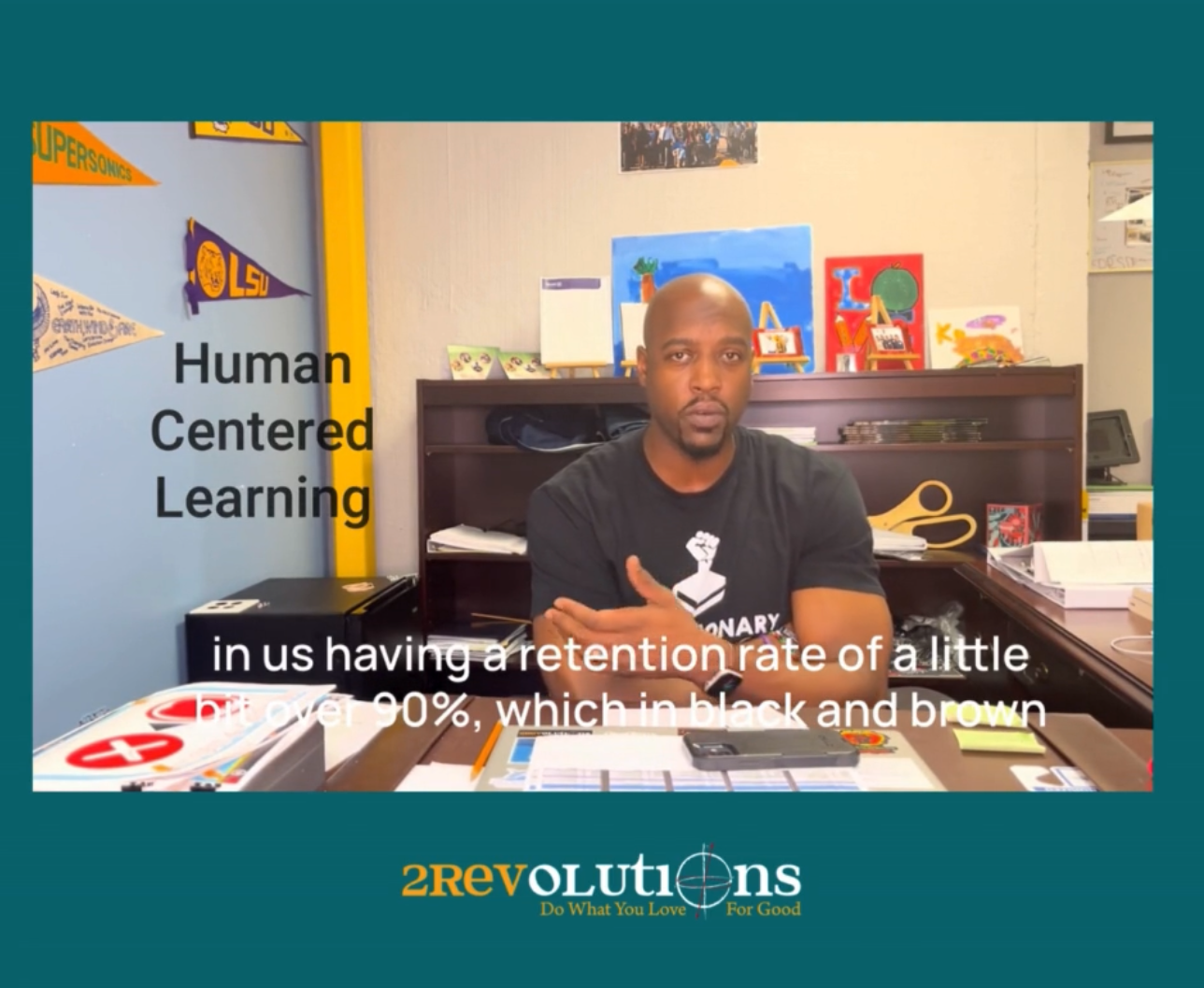
How 2Revolutions Has Helped Shape My School Leadership
In this brief interview, Ray James, Head of School at the Boyce Ansley School in Atlanta, GA and a 2Revolutions coach, shares how his work with 2Revolutions has profoundly influenced his school leadership. He emphasizes leading with empathy and human-centered design, which has contributed to a 90% retention rate at his school, a significant achievement in urban and trauma-impacted environments. Ray also discusses integrating real-world learning and creating a "portrait of a learner" to guide educational goals.
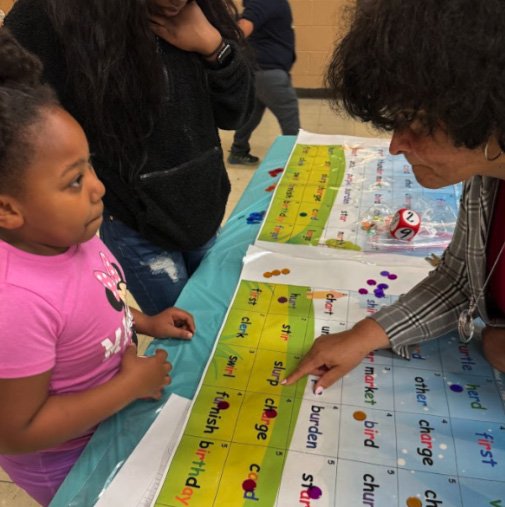
The Answer is in the Room - Making a Case for Community-Driven School Transformation
Educators wear a lot of hats, both historically and presently. And that’s not just a metaphor, it’s actually the perfect description of the way teachers have to move, moment by moment, between instructor, mediator, data analyst, artist, scientist, professional organizer, project manager, and back to instructor, all while responding to all the real-time needs of 20 or 25 or sometimes 30 young people in their care. Not to mention the rapid advancement of technology tools (do we integrate them? Ban them? Both? Neither?) and the grief and challenge of educating through and during a global pandemic! The challenges facing educators - and education at large - often feel insurmountable.
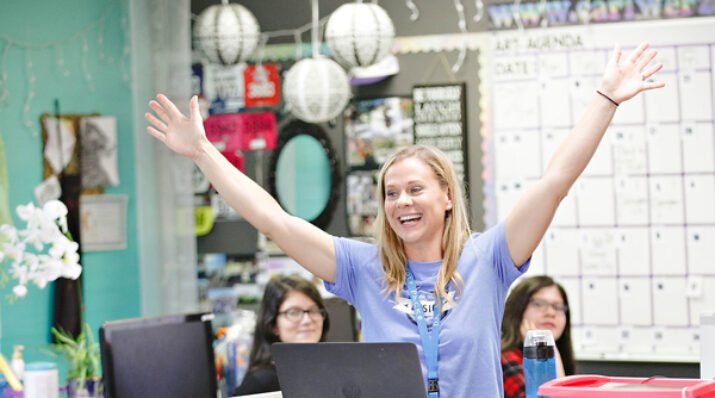
Educators’ Light and Shadows: The Power of True Rest and Pause
Teachers are applauded for all they do but their inherent humanity is ignored when they are not given time to rest and recover.
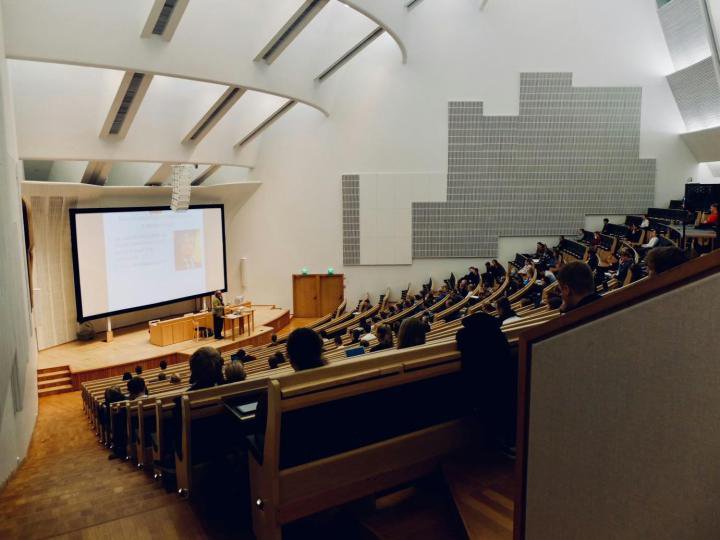
Rethinking the Education Gap: A Critical Analysis of Higher Education and Teacher Preparation Programs
In today's society, the persistent achievement gap in education remains a pressing issue that demands attention and proactive solutions. Despite efforts to bridge this gap, misconceptions and oversights in higher education and teacher preparation programs often hinder progress. To address the complexities of closing the education gap, it is essential to critically examine and reevaluate the roles of higher education institutions and teacher preparation programs.

Equity-Centered Leadership in Practice at Spalding University
It’s June. The end of the school year is upon us and it is time to reflect. Reflect on progress, promise, and needs for change. It is a natural process that we as educators complete every school year, and helps us to grow and improve each and every year. In our graduate programs and the programs we partner with, the end of the program leads to a Celebration of Learning which is a presentation that covers the growth and impact of each learner throughout the entirety of the program. This year, I had the privilege and opportunity to attend the individual celebrations of the students enrolled in the Spalding University Aspiring Leaders cohort in partnership with Jefferson County Public Schools.

Mindfulness Matters: Can We All Just Take a Deep Breath?
Deep breathing activates the parasympathetic nervous system, our “rest and digest” system, and signals to our brain that everything is okay. Those intentional breaths get us out of “fight or flight” mode and get oxygen to our thinking brain.
Why wasn’t this a major part of my toolkit both as a student and as a teacher?
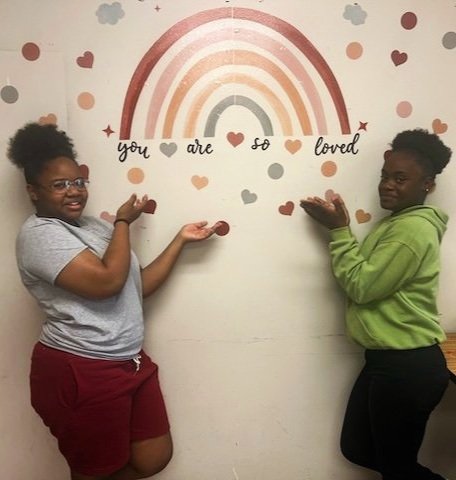
SOS Zebras: Pine Bluff Junior High School Students Take Initiative to Focus on Emotional Well-being and Provide Peer Support
After various losses within the community and just a tumultuous start to the year, they saw emotions bubbling up and students who had clear and evident needs around coping with grief and reality, and they saw a teaching staff that cared but had no additional time. So, they took it upon themselves to launch “Save OurselveS, or SOS Zebras,” a student-led group for coping with grief and implementing strategies to move forward with their daily needs.
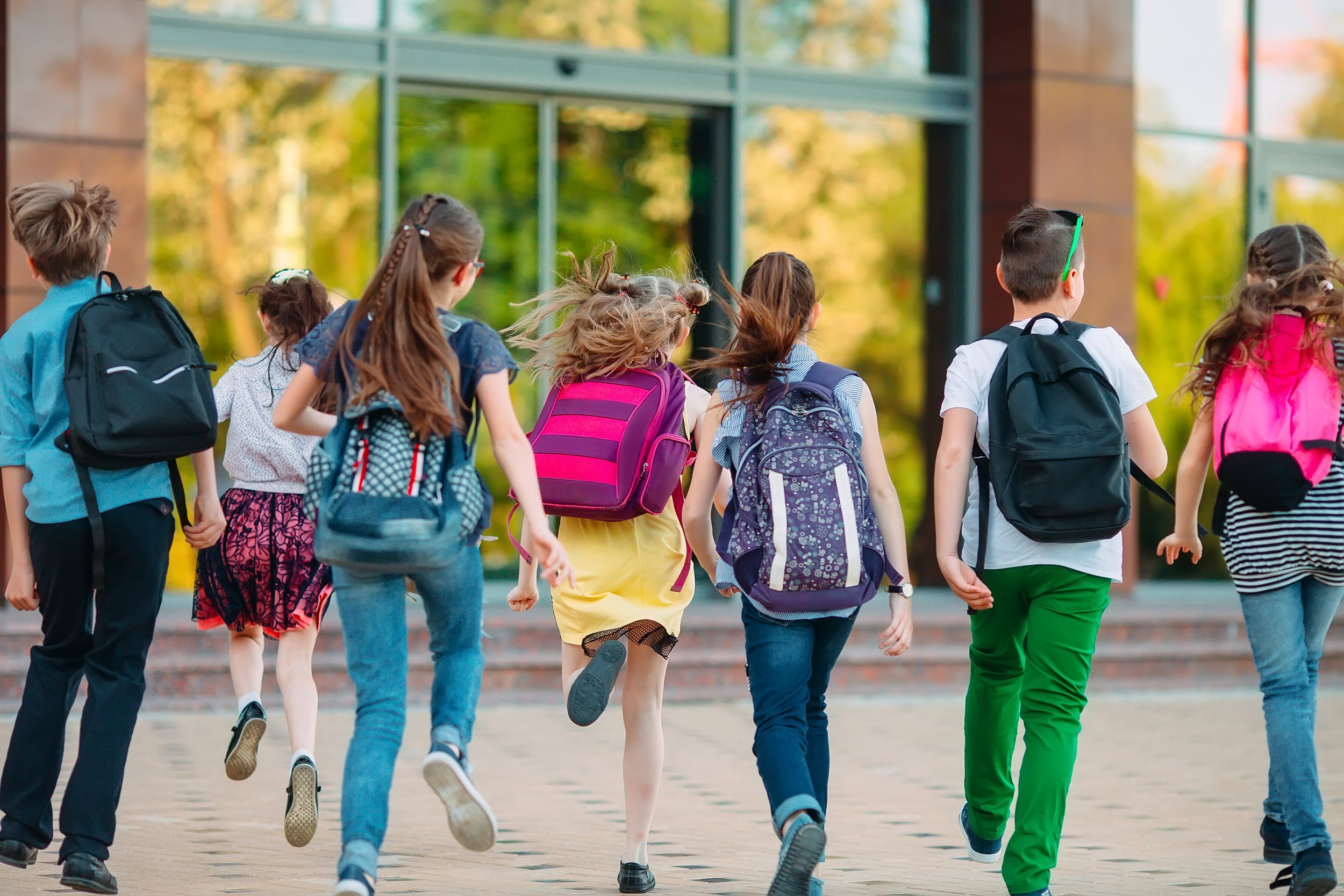
School’s Out for Summer!
I was driving through town on what was the last day of school. Teachers lined the school driveway while students poured out onto the buses. There was music playing and everyone was cheering. The excitement around school ending was undeniable. I recall having those same emotions on the last day of school, both as a student and as a teacher. The summer months were filled with possibilities. This got me thinking…How can we bring the joy of summer vacation into the school year?
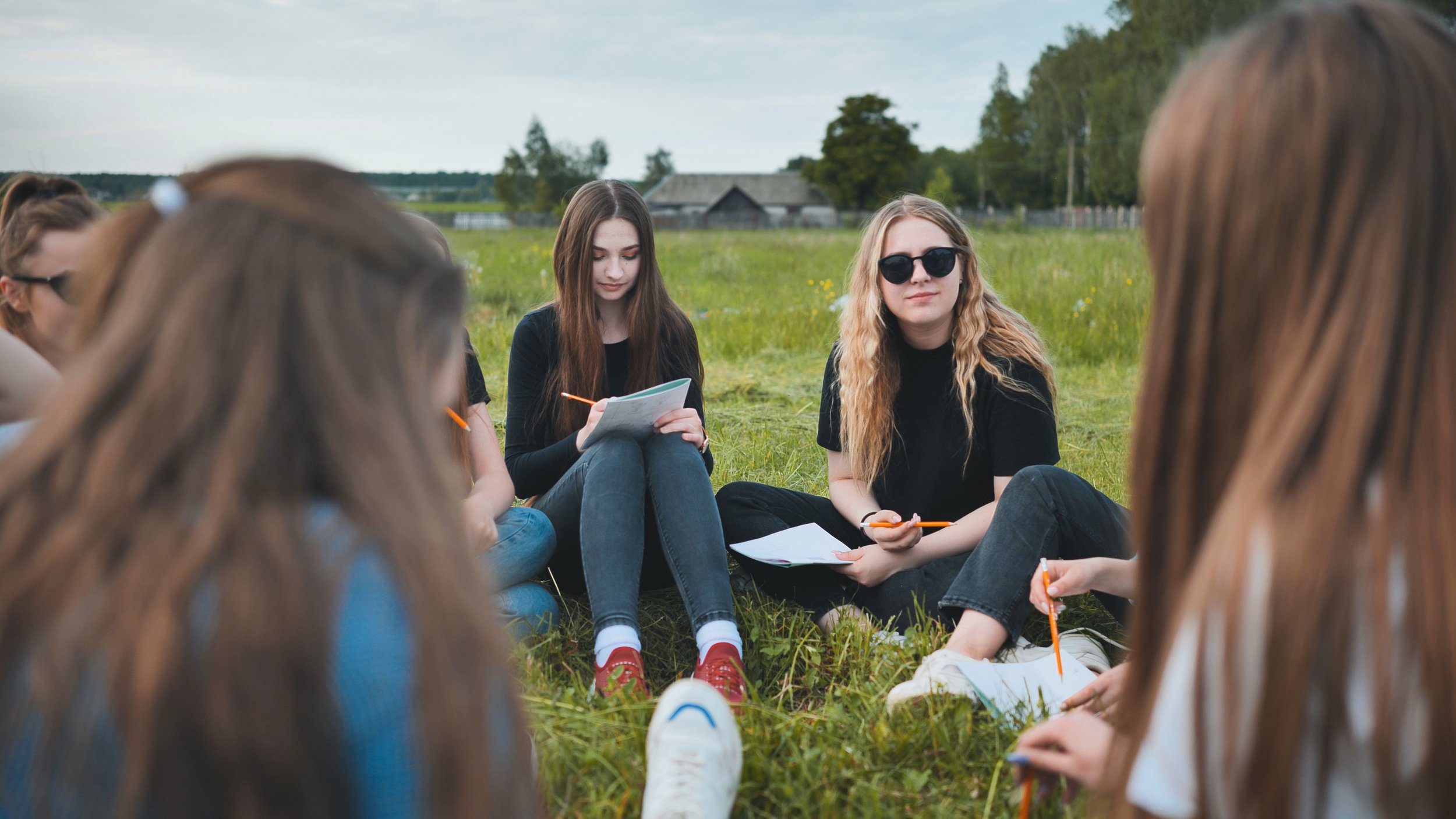
What Studios Have Taught Me About Teaching Today
Luke Bush, a veteran teacher at Northern Cass High School, discusses what he has learned about teaching today from the Studios he has participated in throughout the year.
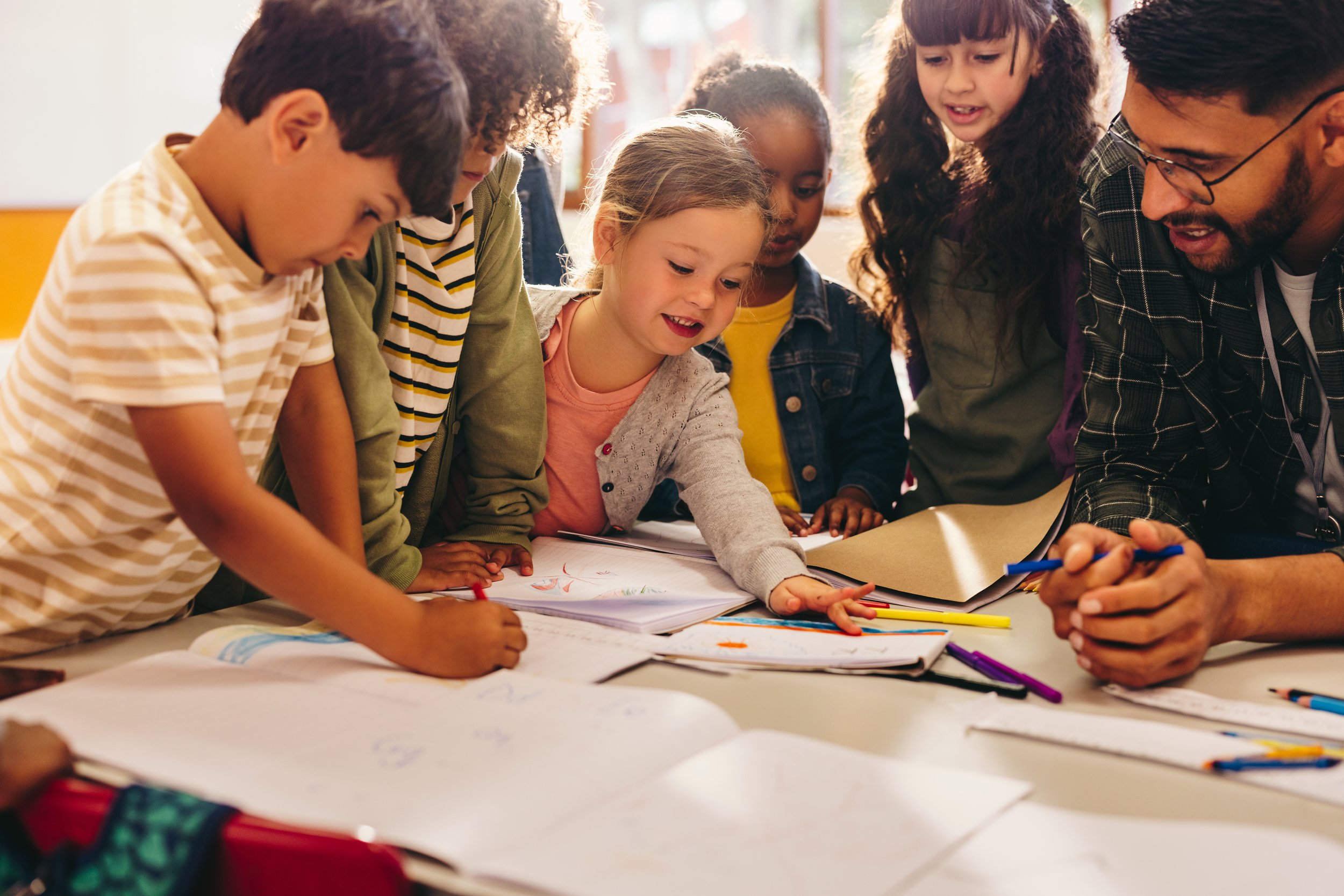
Personalized Learning in Action: Q&A with Wyoming Teacher Karla Luderman (Weston 7)
Full Conversation between Wyoming Teacher Karla Luderman of Weston 7 District.
This is the scripted transcript of the conversation between Karla Luderman and Iris of 2Revolutions. There are also some videos included of some pretty powerful parts of the discussion.

One Drop: The Power of a Targeted Approach to Transformation Across Wyoming
The goal of the RIDE initiative is the transformation of systems, structures, practices, and polices to become more student-centered. However, transformation is a word heavy in meaning and implications that often feels too nebulous to actualize. It can either feel like trying to catch a waterfall, or like the onslaught of a myriad of top down prescriptive mandates that will sap the creativity of professional educators and ignore the values and voices of local communities. The approach to supporting transformation in Wyoming’s RIDE Pilot Districts is different and can serve as a model of sustainable change that is personalized and responsive to local communities.
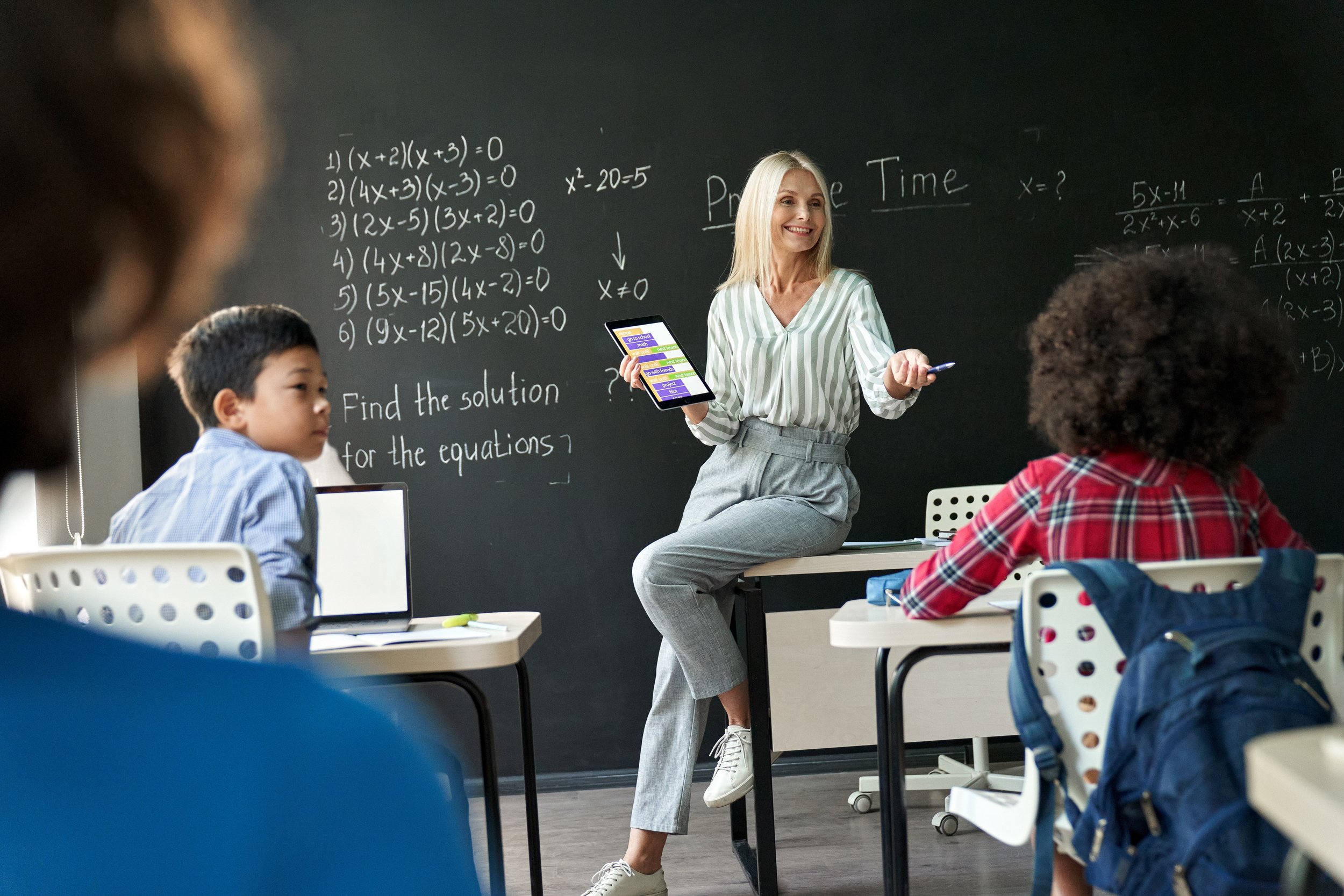
Rethinking Retakes
Assessment practice is one of those places where being more learner-centered and equitable is truly pushing beliefs and systems to evolve In a world where we desire to act upon the core belief that learning is the constant, time is the variable- and we embrace the messiness inherent within learning- educators must wrestle with rewriting long standing traditions within the assessment arena. One of the most passion-filled, and time-consuming wrestling matches going on in schools across the country has a common contender: the “retake.”
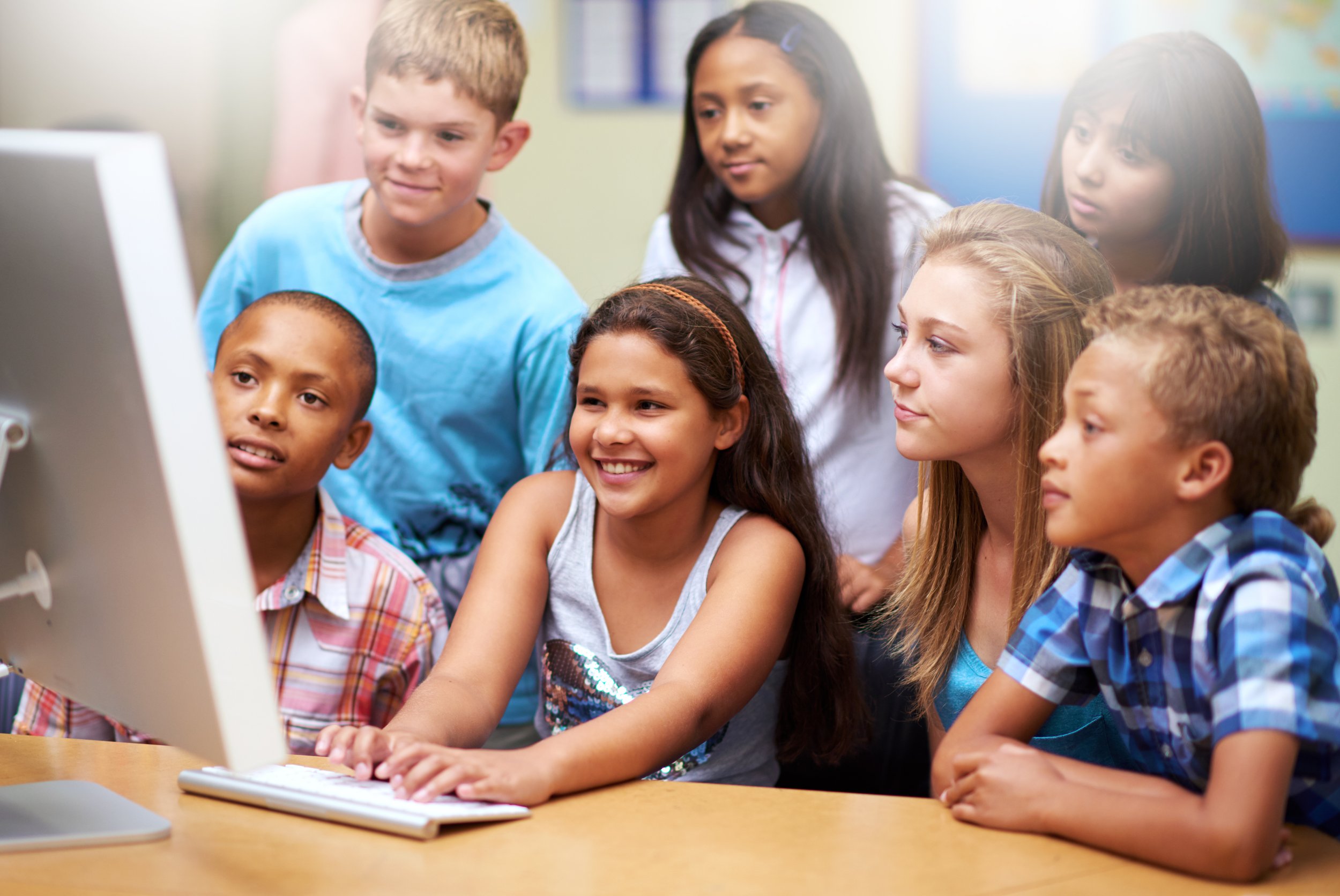
RTI…Re-Engagement with Thoughtful Intent
Response to Intervention is a prevention-focused educational strategy that became part of mainstream K-12 programming with the 2004 reauthorization of the Individuals with Disabilities Education Act (IDEA). Its history is actually rooted in earlier research on learning disabilities (Preston et al., 2015) and the overrepresentation of students of color within special education programs (Sabnis et al., 2020). The historical discrepancy model that was used to identify learning disabilities ignored factors such as instruction, classroom management, or curriculum in contributing to differences in learner outcomes (Sabnis et al., 2020). RTI’s premise is noble - ensure there is dedicated time for learners to get the support they need without missing core content instruction. Having a specific time dedicated for learners to get extra help on skills they are struggling to acquire makes sense in many ways. It was intended to PROMOTE equity. The problem lies in the unintended consequences.
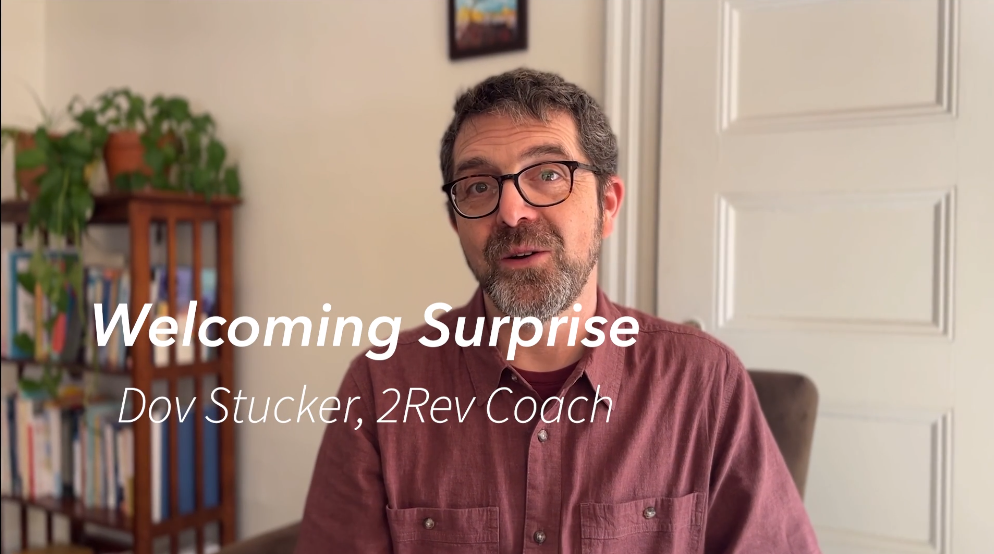
Welcoming Surprise: Reflections
Join Dov Stucker, 2 Revolutions Coach, in a discussion about the previous blog post, Welcoming Surprise.
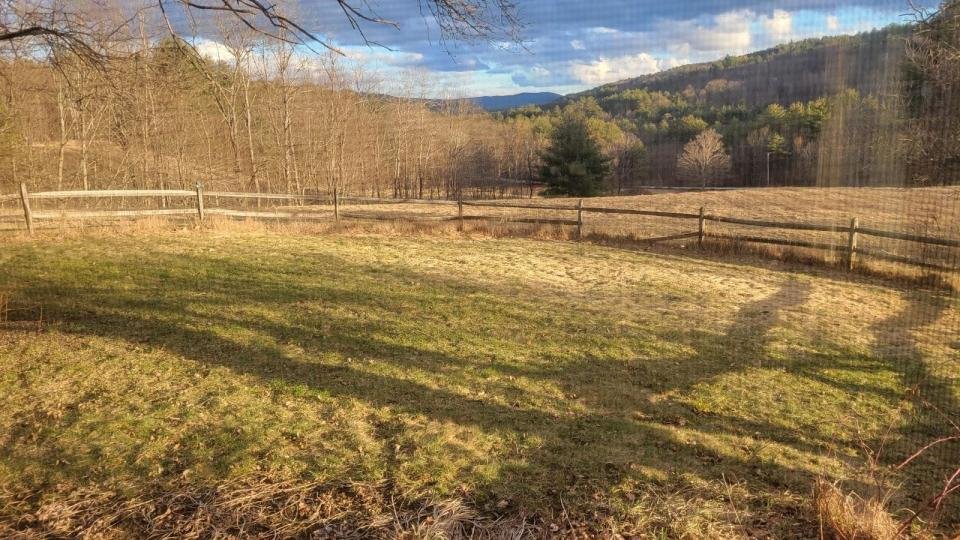
Welcoming Surprise
The view from Barb Sorenson’s kitchen window is reason enough to stay home, as is the quiet pace of retirement, but there’s another reason as well. Anywhere she goes in Thetford, VT, people are drawn to her. The mere sight of Barb fills people who know her with delight. In the hardware store and at the Post Office, former students approach her and relive memories, from both inside and outside of the classroom. “Remember the prison project?” “Remember when our classroom adopted the litter of abandoned kittens?” Barb is a teacher who didn’t just teach; she cleaned the lens, giving students a new perspective on their world.
